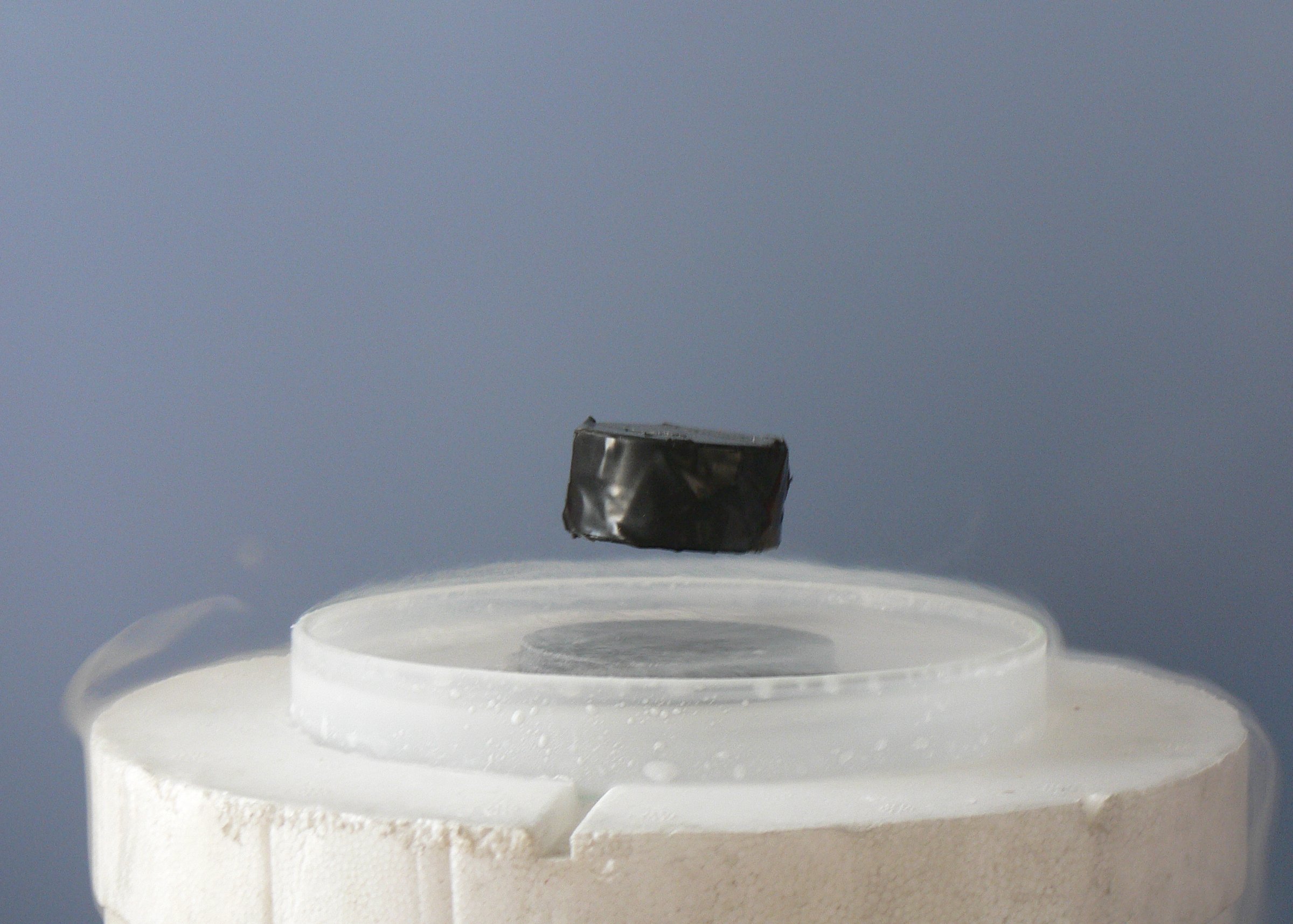Superconductivity
- Introduction to Superconductivity
- Theoretical Foundations
- Types of Superconductors
- Superconducting Materials
- Superconducting Phenomena
- Superconducting Devices
- Superconductivity and Quantum Computing
- Challenges in Superconductivity
- Future of Superconductivity
- Case Study: Superconductivity in Energy Sector
- Case Study: Superconductivity in Medical Field
- Case Study: Superconductivity in Transportation
Introduction to Superconductivity
History and Discovery of Superconductivity

Electrical conductivity with exactly zero resistance.
Superconductivity, a phenomenon that has revolutionized the world of physics and engineering, was first discovered in 1911 by Dutch physicist Heike Kamerlingh Onnes. Onnes, who was awarded the Nobel Prize in Physics in 1913, discovered superconductivity while studying the properties of mercury at extremely low temperatures.
The phenomenon of superconductivity refers to the complete disappearance of electrical resistance in certain materials when they are cooled below a critical temperature. This critical temperature varies for different materials but is generally very low, often close to absolute zero (-273.15 degrees Celsius).
Onnes discovered superconductivity during his experiments with liquid helium, which he used to cool mercury to temperatures near absolute zero. He observed that the electrical resistance of mercury abruptly disappeared below a certain temperature, which he termed as the critical temperature. This was a groundbreaking discovery as it defied the then-existing theories of electricity and thermodynamics.
Following Onnes' discovery, many other materials were found to exhibit superconductivity at low temperatures. In the 1930s, the Meissner effect was discovered, which showed that superconductors also expel magnetic fields, a property known as perfect diamagnetism.
The discovery of superconductivity marked the beginning of a new era in the field of physics and has since led to numerous technological advancements. However, the theoretical understanding of superconductivity remained a mystery for many years until the development of the BCS theory in 1957 by John Bardeen, Leon Cooper, and John Robert Schrieffer. This theory explained the microscopic mechanism of superconductivity and won them the Nobel Prize in Physics in 1972.
The history of superconductivity is filled with numerous milestones, each contributing to our understanding and application of this fascinating phenomenon. From its discovery in mercury to its application in modern technologies, superconductivity continues to be a field of intense research and holds great promise for the future.